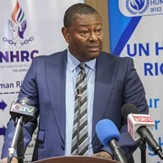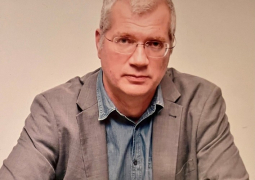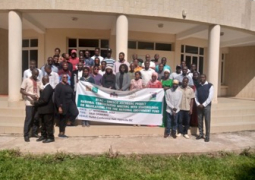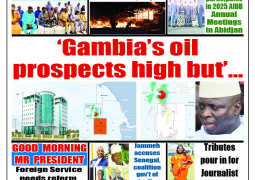
“The allegations by the GPU are not only misleading but also damaging to the integrity of the NHRC,” Joof said. “At no point was Mr Darboe intimidated, coerced, or asked to retract his report. He attended the meeting on his own free will and spoke with professionalism and clarity.”
According to Joof, the meeting, held on 6 May 2025 at the NHRC premises, was initiated after Mr Tambadou expressed concern that the article misrepresented his responses, potentially portraying him as corrupt. Joof said Tambadou, instead of pursuing legal action, preferred an amicable resolution and requested the involvement of the NHRC as an impartial observer.
“I attended the meeting in my capacity as Chairperson, given the NHRC’s role in mediation and alternative dispute resolution,” Joof explained. “We have played this role many times before in media-related matters and have always maintained neutrality.”
He referenced several past examples, including the Commission’s intervention during the “Three Years Jotna” protests in 2020 and its role in mediating a dispute between The Voice newspaper and the Office of the President in 2024.
Joof emphasised that the GPU’s claim that NHRC had no business in such a matter is incorrect. “Our mandate clearly includes mediation in both state and non-state disputes. Allegations of harm or misrepresentation in the media are part of the horizontal human rights issues we address,” he stated.
He also addressed specific points raised by the GPU, stating that many of the concerns attributed to the NHRC such as the alleged harm caused by the article, the timing of publication, and accusations of bias were in fact personal views expressed by Mr Tambadou and not endorsed by the Commission.
“I did not, at any point, endorse or propagate the rumor that Mr Darboe was paid, nor did we ever suggest a joint statement declaring Mr Tambadou’s innocence,” he clarified.
Joof criticised the GPU’s decision to issue a public statement without verifying the facts or reaching out to the individuals involved. “It is deeply disappointing that the GPU failed to contact me, Mr Touray, or Mr Cham for our side of the story. This contradicts the very journalistic ethics the GPU stands for,” he said.
He described the GPU’s public release as defamatory and counterproductive to fostering open and constructive dialogue between media stakeholders.
In conclusion, Joof reaffirmed the NHRC’s commitment to fairness, transparency, and the protection of human rights, including freedom of expression and press freedom. He urged all stakeholders to engage respectfully and responsibly in resolving disagreements.
“The NHRC has always acted in good faith, guided by our mandate to promote justice and human dignity. The portrayal of our engagement as intimidation is false, unjustified, and harmful to public trust,” Joof concluded.





